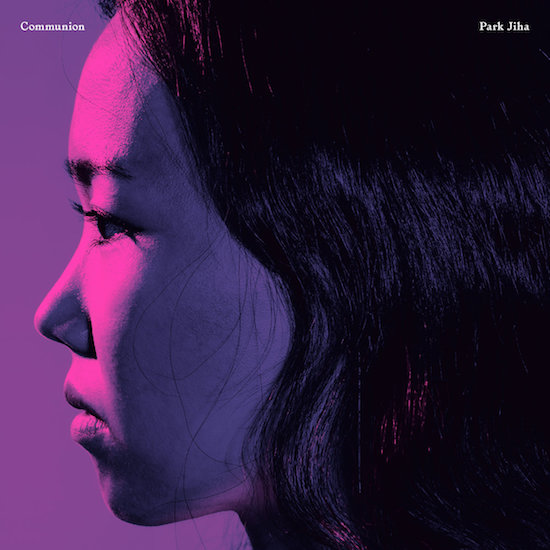Fusions of traditional instrumentation with a contemporary experimental sensibility can very easily end up as hamfisted tumbles into pastiche mud, but when the balance is struck perfectly they can take you somewhere very special indeed. Think of The Gloaming, whose weaving of Irish folk music with atmospheric balladry creates something of stunning, cinematic proportions; or Mikael Seifu, whose merging of Ethiopian jazz with electronica and eclectic sampling has placed him at the heart of the Ethiopiayawi movement.
In Seoul, one need only look so far as the tremendous post-metal/Korean folk crossover Jambinai to appreciate the potential for such an instrumental bond. Or to an act like the mind-altering Black String, whose improvisational free-jazz leanings on folk instruments like the bassy geomungo, the daegeum bamboo flute and the melodious hammered dulcimer yanggeum bring us into much more minimal territory. It is in this soundscape that we are introduced to Park Jiha, whose album Communion on Glitterbeat Records creates a vital sense of space and location in its contemporary jazz, minimal and experimental spirit, via instruments that sound at points stepwise and rooted in a an idyllic folk tradition, at others as hysteric and haphazard as the everyday.
Over the course of this LP’s seven tracks and near 50 minutes, Park Jiha – who used to from one half of folk duo 숨[suːm] – pushes the boundaries of traditional and contemporary at their seams, creating absolute lucidity when she wishes to and immensely challenging disorientation when she does not. Joined by Kim Oki on tenor saxophone and bass clarinet, John Bell on vibraphone and Kang Tekhyun on percussion, Park Jiha’s use of the piri (double reed bamboo flute), the saenghwang (mouth organ), and the aforementioned yanggeum serves as a masterclass in dynamic mobility and hypnotism. Take the album’s opening composition ‘Throughout The Night’, with its wheezing, low drones and zipping, vibrational flute melody. Gradually the piece evolves and expands to a satisfying, clear space before falling away, leaving us only with the rattling drone once more. Immediately there is a sense of unpredictability amid beauty on this album, and it sets the tone for what is to come magnificently.
‘Accumulation Of Time’ is mesmerising and mobilising; it triggers images of a complex cityscape and its thousands of individuals as they race through streets, tunnels and buildings and dart around one another. The electric pulse on its minimal foundation invites a sort of worldbuilding from the listener, where every detail manifests itself in vivid colour. As its frenetic pace builds and builds, we find the complexity within the rudimentary, not just in the music but in the scenario it creates in our mind’s eye.
‘Sounds Heard From The Moon’ and ‘All Saints Day’ explore this idea further still. The former brings a Reich-esque rapidity and repetition to the fore, creating something altogether quite hypnotic. On the latter, the vibraphone and bass clarinet get their moments in the spotlight on the most explosive, dynamically charged composition on the album. Free-jazz surges and a haywire, frenzied passage on the saenghwang produces the most jarring and physically affecting moment of the LP.
Both the title track and ‘The Longing Of The Yawning Divide’ have a crystalline sense of magic realism about them, their musical lineage resting neither in the folk-tradition of their instruments nor fully in the world of the varied styles they occupy.
Communion closes on a high with ‘The First Time I Sat Across From You’. A (supposedly) improvised flute passage whirls and winds as the dulcimer pulse behind it becomes ever more chaotic until at last it dissipates, leaving us only with the touching, mysticising sounds of plucked strings.
Park Jiha has composed, performed and produced an album that treats clarity with the utmost respect, in that it realises that with lucidity comes an understanding of calamity and disorder. The world she has created succeeds because of that understanding. So much music that tries to fuse the traditional with the contemporary fails because of an idolisation of its parts; Communion idolises nothing, and is all the more tangible and engaging for that.


